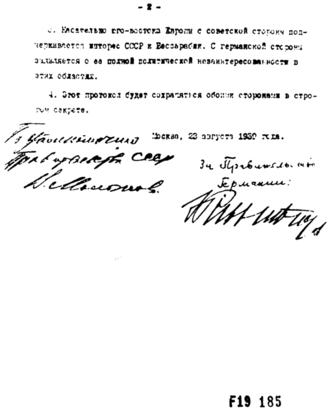Well, international relations scholars have something to say about this!
[THREAD]
rwellhausen.com/uploads/6/9/0/…
cambridge.org/core/journals/…
annualreviews.org/doi/full/10.11…
books.google.com/books?id=ak5fL…
There's a fair amount of VERY recent work on the topic!
journals.sagepub.com/doi/abs/10.117…
books.google.com/books?id=WzV8D…
books.google.com/books?id=Td6ug…
cambridge.org/core/journals/…
cambridge.org/core/journals/…
books.google.com/books?id=LbX1A…
onlinelibrary.wiley.com/doi/full/10.11…
books.google.com/books?id=c45HD…
cambridge.org/core/journals/…
journals.sagepub.com/doi/abs/10.117…
Hence, Argentina is actually VERY unusual in this regard.
[END]











